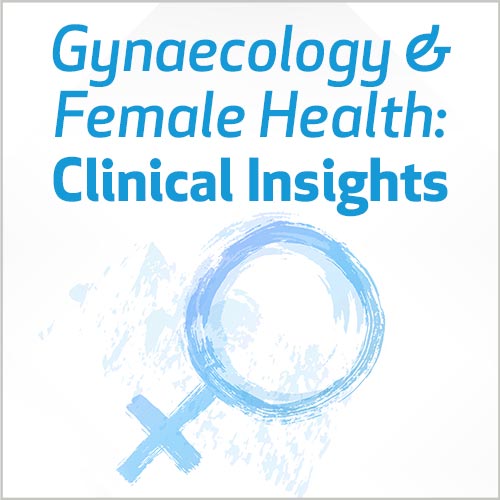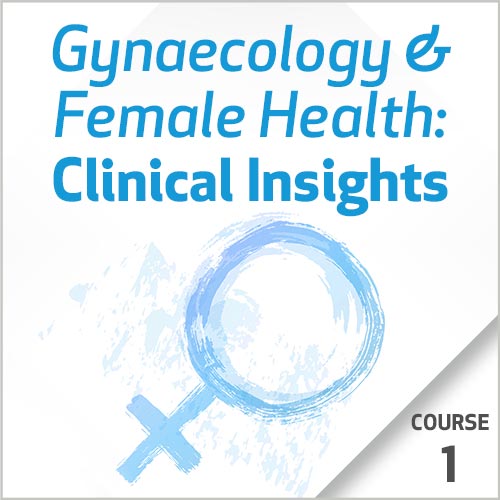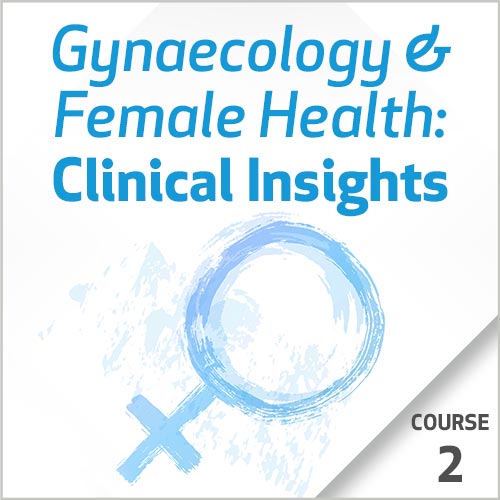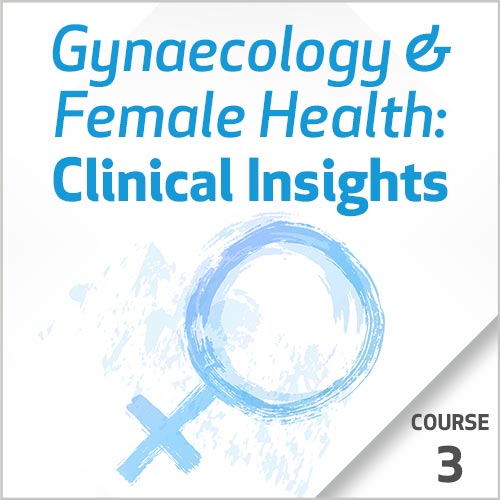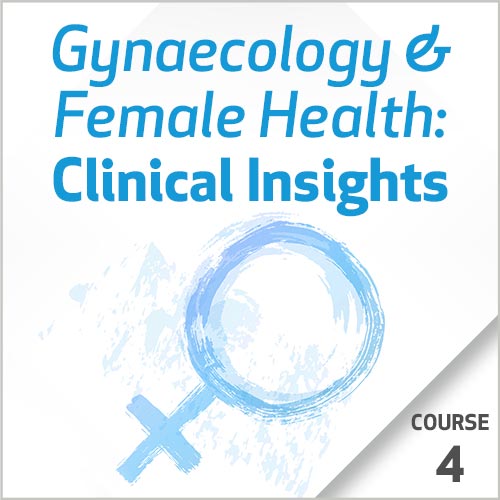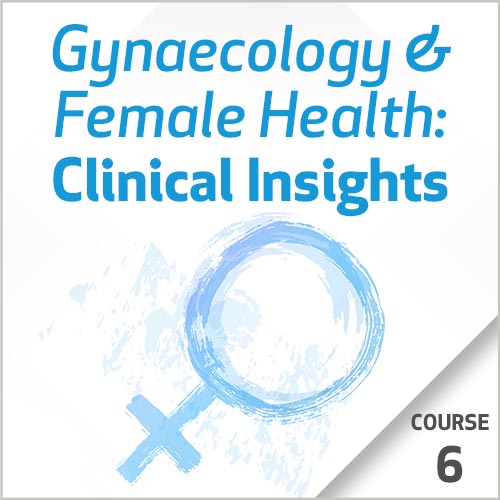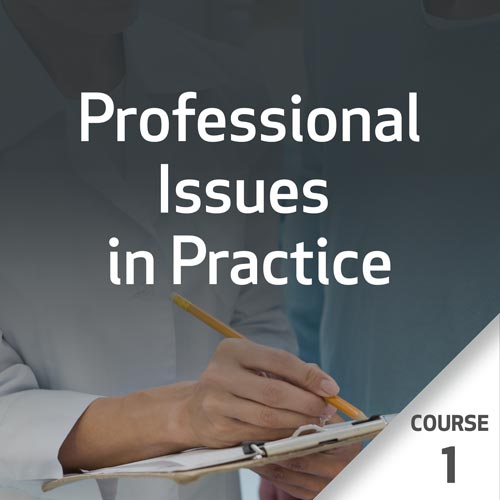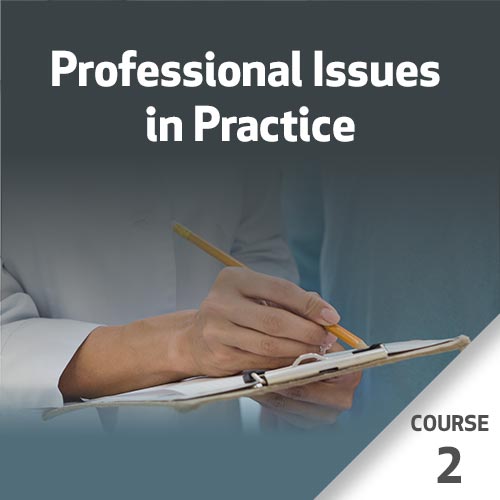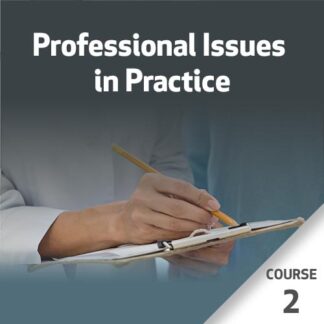Course Overview
This course examines the maternal physiology of pregnancy, childbirth and postpartum and the associated events and disorders in terms of both Western and Chinese physiology. Clinical insight is provided with 49 genuine cases addressing both proactive care and active are discussed.
It covers:
1. Maternal adaptation in pregnancy: cardiovascular, hormonal, metabolic etc.
2. The pulse in pregnancy
3. Contraindicated acupuncture points and herbs
4. Morning sickness, hyperemesis gravidarum, gestational diabetes, insomnia, fatigue, prolapse, carpal tunnel, eczema, dry stools, anxiety, threatened miscarriage, vaginal discharge, bowel obstruction
5. Physiology and stages of labour. Lie, position, presentation, cephalo-pelvic disproportion, malpresentation: Breech and posterior position
6. Preparation for labour, cervical ripeness, Bishop score, acupuncture assistance, pre-eclampsia
7. Use of acupuncture in the preparation for labour; Overdue or unestablished labour
8. Time-frames of labour. Support in childbirth to optimize labour outcomes. Facilitating labour with acupuncture. Agpar score.
9. Physical and physiological changes in the puerperium; Involution, genitourinary recovery, pelvic floor, bone density, breasts, hematology, cardiovascular, renal, metabolic and hormonal changes; Postnatal depression and psychosis
10. Recovery from miscarriage; Non-healing episiotomy wound; Postpartum haemorrhage; Anxiety, dizziness, fatigue; Poor milk supply, nipple thrush; Prolapse; Haemorrhoids, Postnatal depression
Objectives
-
To understand Chinese and Western medicine views of maternal physiology and adaptation to pregnancy, the problems that can arise and the treatment options of Chinese medicine using genuine clinical cases with a focus on individualised treatment
-
To understand the physiology of labour, the relevance of lie and position, risks and complications, treatment for malposition and overdue dates, and the principles of childbirth support to optimise outcomes for mother and child using genuine cases.
-
To understand stages of the puerperium and their significance including involution, haemorrhage, recovery of organs and tissues, bone density, cardiovascular, renal, hormonal and metabolic changes, haematology and psycho-emotional issues.
-
To understand Chinese medicine treatment options for mild postpartum problems as well as more serious problems such as persistent postpartum haemorrhage, failed healing of episiotomy wound, prolapses and postnatal depression using genuine cases.
Outline
0 hrs - 15 min
This course examines the maternal physiology of pregnancy, childbirth and the postpartum and the associated events and disorders. To provide clinical insight, 49 genuine clinical cases addressing both proactive care and active are discussed.
15 min - 1 hrs
Maternal adaptation in pregnancy: cardiovascular, hormonal, metabolic and other changes. The pulse in pregnancy and contraindicated acupuncture points and herbs are discussed in depth. Relevant Chinese medicine female physiology is explained.
1 hrs - 2 hrs
Chinese medicine treatment of morning sickness, hyperemesis gravidarum, gestational diabetes, insomnia, fatigue, prolapse, carpal tunnel, eczema, dry stools, anxiety, threatened miscarriage, vaginal discharge, bowel obstruction (17 genuine cases).
2 hrs - 3.5 hrs
Physiology and stages of labour. Lie, position, presentation, cephalo-pelvic disproportion, malpresentation: Breech and posterior position (8 cases).
3.5 hrs - 4 hrs
Preparation for labour, cervical ripeneness, Bishop score, acupuncture assistance, pre-eclampsia Use of acupuncture in the preparation for labour (2 cases); Overdue or unestablished labour (6 cases).
4 hrs - 4.5 hrs
Time-frames of labour. Support in childbirth to optimise labour outcomes for mother and child. Agpar score. Facilitating labour with acupuncture (easing back pain and nausea, regulating contractions to ease pain and increase efficacy. (3 cases).
4.5 hrs - 5.5 hrs
Physical and physiological changes in the puerperium; Pro-active care. Involution, genitourinary recovery, pelvic floor, bone density, breasts, haematology, cardiovascular, renal, metabolic and hormonal changes; Postnatal depression and psychosis.
5.5 hrs - 7 hrs
Recovery from termination and miscarriage; Non-healing episiotomy wound; Prolonged postpartum haemorrhage; Anxiety, dizziness, fatigue; Poor milk supply, nipple thrush; Prolapse; Haemorrhoids Postnatal depression.
Teacher
Robin Marchment
Robin is a registered herbalist and acupuncturist, having completed internships at Chinese hospitals in Guangxi and Xi’An where her focus was on gynaecology. She is lecturer, practitioner and is author of “Gynaecology Revisited” and co-author of “Shang Han Lun Explained”.
Disclaimers
-
Accessing Your Course
After checking out, your email address will be sent to Net of Knowledge securely and you will gain instant access to your course. If you do not have a Net of Knowledge account yet, one will be created for you automatically and you will receive an email with a link to set up your password. Log in to your account at netofknowledge.com and start learning!
-
Unlimited Access & CEUS
You will have unlimited access to this course for as long as it is on Net of Knowledge, so that you can keep reviewing and learning from it over the years.
CEU requirements must be completed within 1 year from the purchase. During this time, you must view the training and complete any required documents to get your certificate. You must also print and save your certificate for your own records.
-
Cancellation Policy
Please note we do not offer refunds for our recorded online courses/webinars.
-
Note
This recording is available in an online format only; you will not receive a DVD or physical copy of the recording – it is only available to watch as a course to watch on the internet through your online account.



